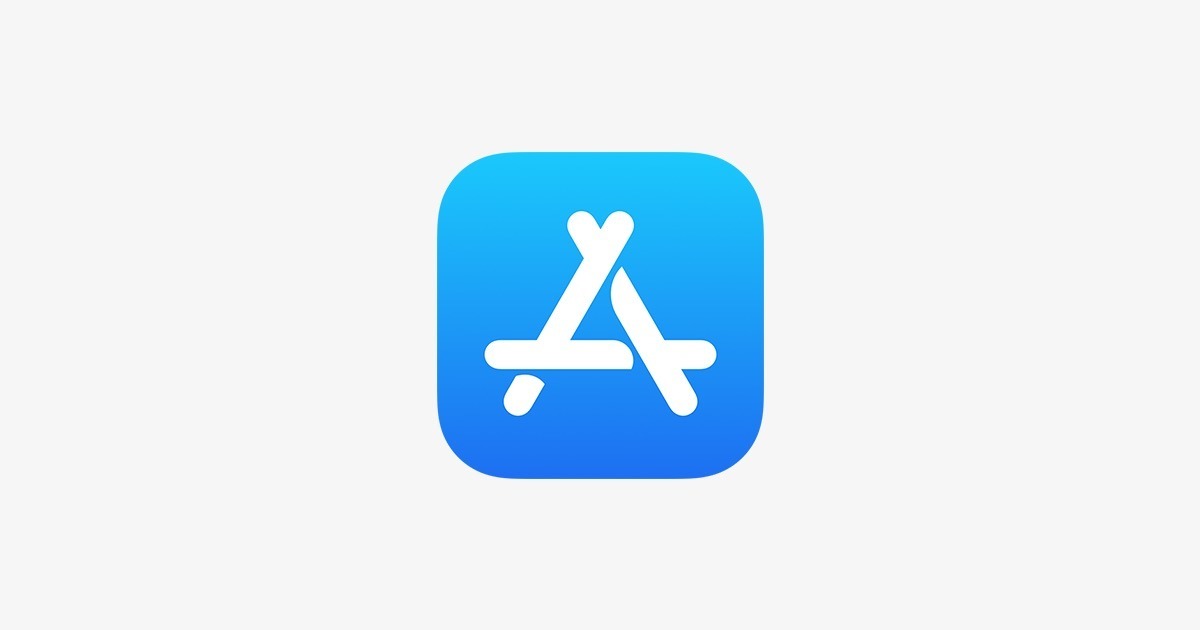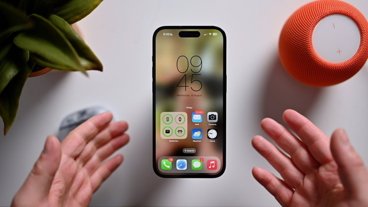Following months of drama about Apple's App Store policies and procedures, your AppleInsider Podcast hosts talked to Mac developer and founder of Rogue Amoeba software, Paul Kafasis, to get the developer's point of view.
After the House antitrust hearing, developers have spoken out against statements made by Apple CEO Tim Cook. On this special episode on the AppleInsider podcast, longtime Mac developer and founder of software company Rogue Amoeba, Paul Kafasis joins us for a special interview.
With over 20 years of experience in software development, Paul comments on several claims made by Tim Cook during the hearing, Apple's 30% revenue cut from App Store purchases, and on the opening of iOS and iPadOS to side-loading apps.
Our thanks to Paul for coming on the show. Be sure to check out the incredible audio apps from Rogue Amoeba, including Audio Hijack, Loopback, and others on macaudio.com
If you have questions or comments, tweet at Stephen Robles or email us here. Find us in your favorite podcast player by searching for "AppleInsider" and support the show by leaving a 5-Star rating and comment in Apple Podcasts here.
Links from the show
- Rogue Amoeba - Quality Audio Software for MacOS
- Parsing Tim Cook's Opening Statement from the Antitrust Hearing | Daring Fireball
- Rogue Amoeba's response to the Hey.com situation
- App Store Policies | Brent Simmons
- What Tim Cook Left Out Of His Version Of App Store History
Those interested in sponsoring the show can reach out to us at: advertising@appleinsider.com
 Stephen Robles
Stephen Robles








 Thomas Sibilly
Thomas Sibilly
 Wesley Hilliard
Wesley Hilliard
 Marko Zivkovic
Marko Zivkovic

 Malcolm Owen
Malcolm Owen

 Amber Neely
Amber Neely

-xl-m.jpg)








13 Comments
Isn't it also misleading to imply that Apple's role with the App Store amounts to payment processing and providing server space? Those are the only two things discussed in regards to Apple's 30% cut after Tim Cook is criticized for being "misleading" in not mentioning internet software sales as a comparison to the App Store. That's like saying that an independent developer that sells exclusively through their web site only has to think about the cost of payment processing and server space when pricing their app.
Yes. Developers are conveniently “forgetting” that it costs Apple to run the store. It costs to have all of those in-house developers to write the software for the store to keep up to date. It costs to advertise and market the store and their products. Apple gives software away at times, for free, but pays the developer their 70% cut of the normal price, while receiving nothing themselves. Apple has several thousand people checking apps for malware and other problems. They lower the cut for subscriptions after the first year to 15%. This is addition to the services he mentioned.
i remember when Apple came out with the App Store and announced the 30% cut, and what Apple was doing for that cut, and developers were dancing in the streets because they knew the cut was so low. Other online stores were charging 40%. And brick and mortar stores charged up to 60%.
while I don’t agree with every store policy Apple has regarding competing products, most of what Apple does is correct. As an owner of businesses, I understand that you have to make a profit off pretty much everything you offer. It’s been said, by financial people, that Apple makes five cents profit off every dollar in sales from the App Store. That just five cents out of the thirty they take, and that’s not much.
A developer with a team of 20 staff simply has no concept of the internal machinery of a large company, it's one of the key advantages of running a small business - the overheads are truly minimal. The flipside of that coin is that a small business is not able to launch and scale to the level needed to provide these kind of services.
A few vocal developers consistently fail to see beyond themselves in the equation. They hate the idea that a cut of each sale is going to support a huge range of other developers, they also fail to understand that that richness and variety is why people keep coming back to the stores.
Even just looking at your local supermarket, you'll see App Store gift cards, they'll be 10-20% off their redemption price. Where do they think that discount is coming from? Who do they think is paying the store to stock them? The 15 to 30% they pay in a cut is used for a staggering, almost mind blowing number of marketing initiatives. Then of course we can get into the technical costs of running such a massive server farm, or the cost of developing green power for that farm, or the cost of bandwidth and distribution networks, the cost of hiring people to review apps so the store isn't a mess of malware, and so on: 30% suddenly becomes a steal for the developer. In comparison ordinary retail chains would take more than that, and the developer would still be stuck with additional boxing and distribution costs.
My first thought was that he was supporting Apple’s position by making it clear that developers not only have a choice, but a superior one at that. So much for Apple monopoly.